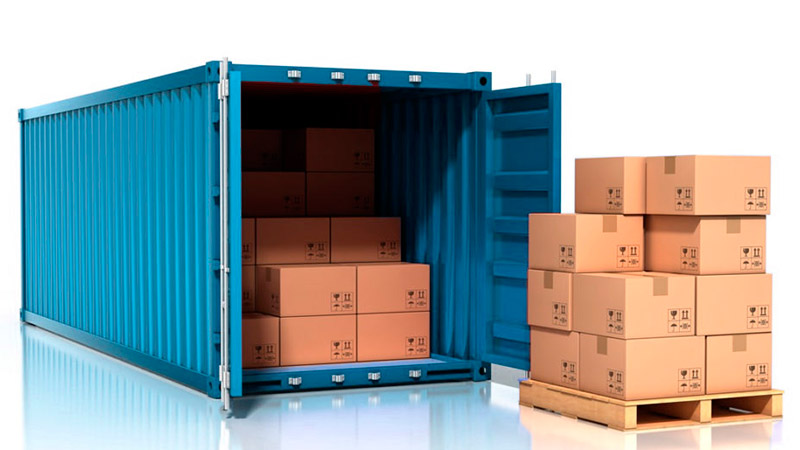
Jan Philipp Harnisch, global COO and Far East Asia CEO at Rhenus Logistics, says the Covid-crisis has also accelerated some logistics trends, including the need for more flexible shipping options.
“With air travel far less frequent and reaching record-high prices, as well as stock quantities fluctuating, LCL gives our clients the flexibility to fill up only the space they need in a container, rather than renting the whole thing.”
Perhaps spotting a similar LCL opportunity, in September Maersk appointed a global head of air and LCL following the integration of Damco and the company’s drive to become a container logistics integrator.
Mr Harnisch said the LCL trend “provides a great insight” into the future needs of cargo owners, namely transparency and flexibility.
“One of the biggest pain-points for LCL has always been its lack of transparency,” he said. “Often, nearly a dozen different companies will assist in getting a shipment from A to B.
“Tracking this progress between so many logistics companies isn’t just difficult, it’s nearly impossible. And without it, the headaches may outweigh the savings.”
DHL recently made a similar observation on multimodal shipments in South-east Asia, promoting the advantage of moving cargo from origin to destination under a single contract or bill of lading.
Mr Harnisch claims Rhenus provides “full transparency” with its LCL shipments by controlling the whole supply chain from pick-up to delivery. The forwarder says it also has a new data-driven tech solution “in the works” to give customers greater insight when monitoring shipments.
He explained: “Right now, this technology exists for companies with huge logistics departments, such as Amazon, but our goal is to create a programme that gives small and medium-sized businesses the same transparency and business intelligence without having to make huge investments.”
The rise of LCL has been on the cards for several years, with the global e-commerce boom, rise of emerging markets and shifting sourcing trends. And Mr Harnisch believes nearshoring also has the potential to give LCL a much more strategic role post-pandemic, since “trade wars and taxation” has made manufacturing overseas “harder, unpredictable and more expensive”.
The pandemic has also made companies more aware of the need for faster, localised production and shipping, he added.
“With all that in mind, I think LCL will continue to be used by small and medium-sized companies to replenish stock with much more flexibility. Having the option to quickly and easily upgrade or downgrade shipment sizes, especially on a more local level, will give these businesses the much-needed control they need during times when it can feel totally out of their hands,” said Mr Harnisch.
Meanwhile, the current empty container shortage is also pushing shippers to inquire about LCL options.
“People are getting desperate,” one forwarder told The Loadstar. “Normal shippers are definitely trying to switch from FCL to LCL to secure space. And then there’s the more extreme ones trying to book clear FCL cargo, 20 cu metres etc, as LCL shipments.”
Fuente:
Sam Whelan-https://theloadstar.com/covid-costly-airfreight-and-box-shortages-pushing-forwarders-to-lcl-options/




